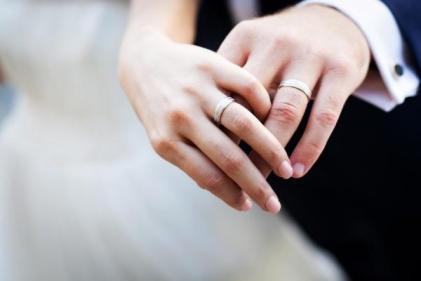By giving up smoking permanently, you are doing yourself and your baby a great favour. You will protect your child from the effects of second hand smoke and lower your risk of contracting heart disease, lung cancer and other deadly ailments.
After pregnancy, the urge to smoke again becomes incredibly strong. The reasons for this are many. While the need for nicotine is long gone, there are other psychological factors. New mothers feel very stressed and look for some way to cope with it. Cigarettes provide immediate relief, both chemically and psychologically. Postpartum moms are eager to get their pre-pregnancy bodies back. Any weight loss method is welcomed and cigarettes suppress appetite. Most women give up smoking during pregnancy to protect their unborn child from direct harm. Once the child is born, the motivation is no longer there. They feel that they are only putting themselves at risk.
Mothers can find plenty of ways to limit the effects of smoking in the same house as their baby. They will try smoking in other rooms, or next to an open window. No matter how “safe” you think you are by smoking away from your child, you are still a health risk. Even if you smoke outside the house only, chemicals and smoke seep into your skin and clothing. Any contact you have with your child after smoking results in exposure to nicotine and ash fallout. Nicotine levels in your house, particularly your baby's room, will be up to seven times higher than those present in a non-smoking household. Second hand smoke levels present in urine is up to eight times higher in children who live in smoking households.
Smoking while breastfeeding results in chemical exposure to your baby via breast milk. Small amounts of nicotine from breast milk will make your baby restless and agitated. Heavy smoking – in excess of 20 cigarettes per day – can result in your baby vomiting and having diarrhoea. If you smoke while breastfeeding, your milk production will be affected.
Besides affecting your baby's health, smoking does, of course, adversely affect your life. A myriad of cancers, ailments and respiratory problems can result from smoking. To help you stop smoking for good, try some of the following techniques:
Go for a regular walk with your baby in a buggy or pram. The exercise will do your cardiovascular system good and the calories you burn will help with weight loss.
Look for help and support from anti-smoking organisations.
Get your family and friends involved in you quest. Don't let your smoking friends convince you to “just have one” when you think you need it. You need all the encouragement you can get to stay away from cigarettes.
Cravings come and go. Learn to anticipate them and have something like gum handy or call a friend in advance – anything that takes your mind off wanting cigarettes. Avoid places and situations that make you want to smoke. This may mean steering clear of pubs since many people who drink socially find they crave a smoke while doing so. If you accompanied your morning cup of coffee with a cigarette, switch to tea instead.
If you have trouble quitting on your own steam, ask your doctor for help. There are tablets, patches and nicotine chewing gum available as smoking substitutes. Note that small amounts of nicotine will be present in your breast milk if you use these anti-smoking products.
Your mood will be altered when you quit smoking; depression and anxiety are common. Talk to your doctor about coping with that.





